Category: Engineering
-
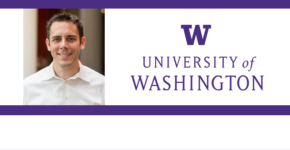
Don MacKenzie, University of Washington – Driverless Cars
Self-driving cars could have some positive and negative environmental factors. Don MacKenzie, assistant professor of transportation engineering at the University of Washington, explores how making transportation easier could lead to even more people getting on the road. Don MacKenzie joined the department as an Assistant Professor in 2013. His research focuses on the interactions of…
-
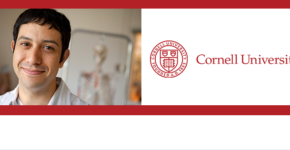
Chris Hernandez, Cornell University – Bones Reveal New Engineering Secret
Examining how bones bounce back after breaking may help us build machines. Chris Hernandez, associate professor of mechanical and aerospace engineering at Cornell University, delves into how bones heal themselves and return to their original function, which could give machines in faraway places a chance to last longer without replacement parts. Dr. Hernandez is an…
-
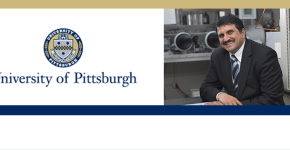
Prashant Kumta, University of Pittsburgh – Biodegradable Parts for Fixing Complex Fractures
Accidents on the slopes and streets lead to broken bones each winter. Prashant Kumta, professor of engineering at the University of Pittsburgh, details a new material that could help the body heal without the use of steel screws or plates. Professor Kumta obtained his Bachelor of Technology (with Honors) in Metallurgical Engineering from the Indian…
-
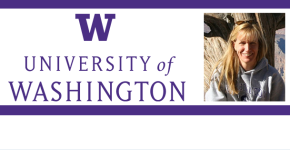
Denise Wilson, University of Washington – Arsenic in Wine
What is lurking in your wine glass? Denise Wilson, professor of electrical engineering at the University of Washington, discusses if the amount of arsenic in wine is something to worry about. Our research is focused in two areas: (a) engineering education; and (b) sensors and photovoltaics. In both areas, we look at research questions whose…
-
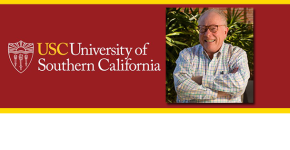
Martin Krieger, University of Southern California – Gravitation and Architecture
Does the city draw you in? Martin Krieger, professor of planning at the University of Southern California, delves into how cities and gravitation go together. Martin H. Krieger is professor of planning at the Sol Price School of Public Policy at the University of Southern California. He is trained as a physicist, and has taught…
-

Nabil Grace, LTU – Building Better Bridges
Discussions about our failing infrastructure seem to dominate the nightly news. Nabil Grace, a structural engineer at Lawrence Technological Universiy, is one of the people working on solutions to this important issue. Dr. Nabil Grace’s specialization is structural engineering. He is the director of the Center for Innovative Materials Research (CIMR) at Lawrence Technological University,…
-
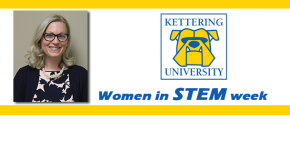
Gillian Ryan, Kettering University – Electric Blanket Tech
Engineering innovations are going to keep babies warm – thus saving their young lives. Dr. Gillian Ryan, a Kettering University assistant professor of physics, is developing technology improvements for a startup that makes non-electric incubating blankets to help fight infant mortality in the developing world/areas without access to electricity Gillian Ryan is an assistant professor…
-
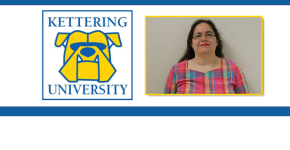
Diane Peters, Kettering University – Self-Driving Cars
Self-driving cars are almost a reality. Diane Peters, a mechanical engineer at Kettering University, is working towards autonomously piloted vehicles. Dr. Diane Peters is an assistant professor of Mechanical Engineering. She has a Ph.D. in Mechanical Engineering from the University of Michigan, with expertise in combined design and control of mechatronic systems. Dr. Peters joined Kettering…
-
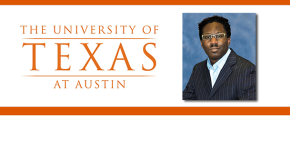
Deji Akinwande, UT Austin – Silicene Transistors and Moore’s Law
Computers are getting smaller faster. Deji Akinwande, an engineer at UT Austin’s Cockrell School of Engineering, discusses Moore’s law and some groundbreaking technology advances. Deji Akinwande is an assistant professor in the Cockrell School of Engineering at The University of Texas at Austin. He received his Ph.D. degree in electrical engineering from Stanford University in…

